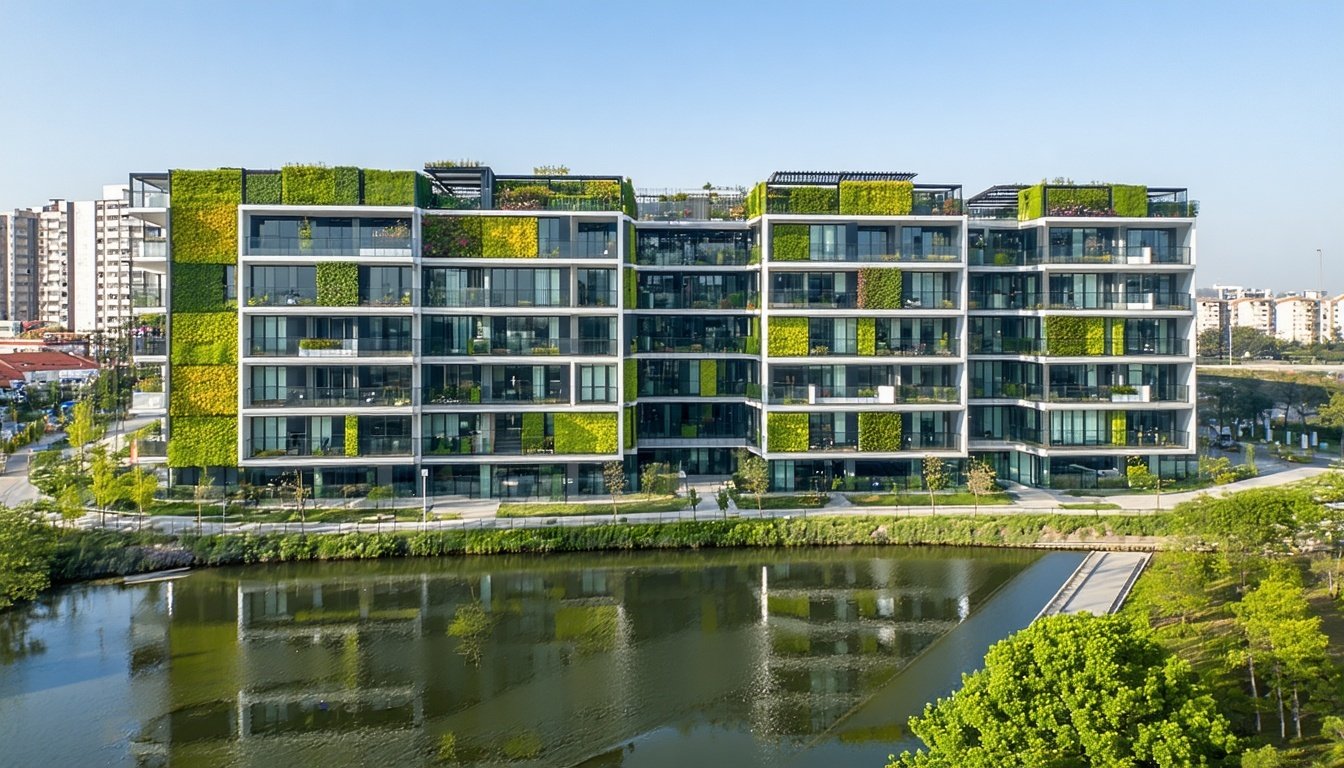Navigating the complexities of a Built Environment Sustainability Scorecard (BESS) assessment is crucial for timely project approvals and sustainable construction practices.
Why preparing early for your BESS assessment saves time
The Built Environment Sustainability Scorecard (BESS) assessment is a critical part of the planning approval process in Victoria, aimed at evaluating the environmental sustainability of building projects. Preparing early for a BESS assessment can significantly streamline the approval process, allowing for the identification and resolution of potential issues well in advance. Early preparation ensures that all necessary documentation, evidence and sustainability measures are accurately compiled, reducing the risk of delays caused by incomplete or inadequate submissions.
Moreover, starting early provides ample time to consult with sustainability experts, such as those at Certified Energy, who can offer tailored advice to enhance your project's sustainability performance. By addressing potential challenges early on, you can avoid the last-minute rush and ensure a smoother, more efficient approval process.
Common mistakes developers make with BESS submissions
One common mistake developers make is neglecting to include comprehensive sustainability measures in their BESS submissions. This includes overlooking essential aspects such as energy efficiency, water management, and waste reduction. Failing to address these elements can result in a lower sustainability score, thereby jeopardising the approval process.
Another frequent error is providing poor supporting evidence. Submissions that lack detailed calculations, clear documentation and verifiable data can easily be rejected. Additionally, some developers underestimate the importance of adhering to the specific guidelines and criteria set out by the BESS framework, leading to non-compliant submissions that require resubmission and further review.
How poor documentation delays planning approval
Poor documentation is a significant factor in delayed planning approvals. Incomplete or inaccurate information can lead to extended review periods as authorities request additional details or corrections. This not only prolongs the approval process but can also increase project costs and affect timelines.
For instance, missing or incorrect data on energy consumption, water usage or material sustainability can prompt further scrutiny and require additional rounds of review. Ensuring that all documentation is thorough, precise and aligned with BESS requirements is essential for avoiding such delays and securing timely approval.
Tips for improving your project’s BESS sustainability score
To improve your project's BESS sustainability score, consider incorporating advanced energy-efficient technologies and renewable energy sources. Implementing measures such as high-performance insulation, energy-efficient lighting and solar panels can markedly enhance your project's performance.
Additionally, focus on water conservation strategies, including rainwater harvesting and greywater recycling systems. Effective waste management practices, such as the use of recycled materials and construction waste reduction, can also contribute positively to your sustainability score. Consulting with experts, like those at Certified Energy, can provide valuable insights and tailored recommendations to optimise your project's sustainability outcomes.
How Certified Energy helps you get BESS approval first time
At Certified Energy, we specialise in guiding clients through the BESS assessment process to achieve first-time approval. Our team of experienced sustainability consultants provides comprehensive support, from initial assessment to final submission. We ensure that all documentation is meticulously prepared and aligned with BESS criteria, minimising the risk of delays and rejections.
Our expertise in environmental sustainability, combined with our in-depth knowledge of the BESS framework, allows us to identify potential issues early and offer effective solutions. By partnering with Certified Energy, you can be confident that your project will meet the necessary sustainability standards and secure timely planning approval.







